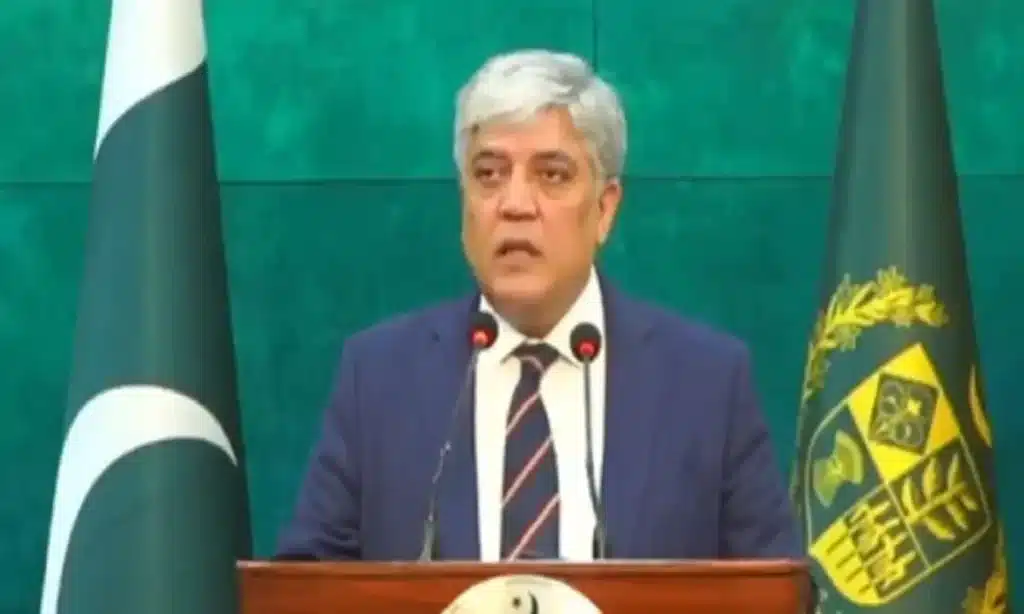ISLAMABAD: India has just announced that it will no longer abide by the Indus Waters Treaty of 1960, placing the agreement in “abeyance” in the wake of the Pahalgam attack.
This treaty was signed in Karachi on September 19, 1960, The IWT was negotiated with World Bank involvement to allocate the use of water from the Indus River system between India and Pakistan.
Under the treaty, the water of the six rivers of the Indus Basin is shared between the two countries. India received the three eastern rivers (the Ravi, Beas, and Sutlej). Pakistan received the three western rivers (the Indus, Jhelum, and Chenab) which account for the majority (almost 80 per cent) of the shared basin’s water.
For over 60 years, through wars, near-conflict, and complete diplomatic breakdowns, the treaty endured. Water, unlike so much else in the India-Pakistan relationship, had remained predictable. That predictability is now in question more than it has ever been.
The decision potentially marks a turning point in how the two countries manage the most essential shared resource between them. There will be many other discussions in the days ahead that dwell on geopolitics.
How does the Indus Water Treaty work?
Now the question arose that whether India could withdraw unilaterally from this agreement? Not at all, because as per the 1960 negotiation with the World Bank as broker, the Indus Waters Treaty has been one of the most durable transboundary water agreements in the world.
As part of the agreement, India retains the right to use the western rivers for non-consumptive purposes like hydropower and minor irrigation purposes, but is not allowed to store or divert their flows in ways that harm downstream access.
These constraints are deliberately specific and enforceable and include engineering design features and notification procedures. For Pakistan, this structure provides more than water. It provides the predictability needed to build an entire irrigation and water management system around.
This distribution allocates roughly 30% of the Indus River system’s total water to India and the remaining 70% to Pakistan.
Sources said that despite political tension, the treaty remains legally binding and unilateral cancellation by either party is not within the treaty provision.





